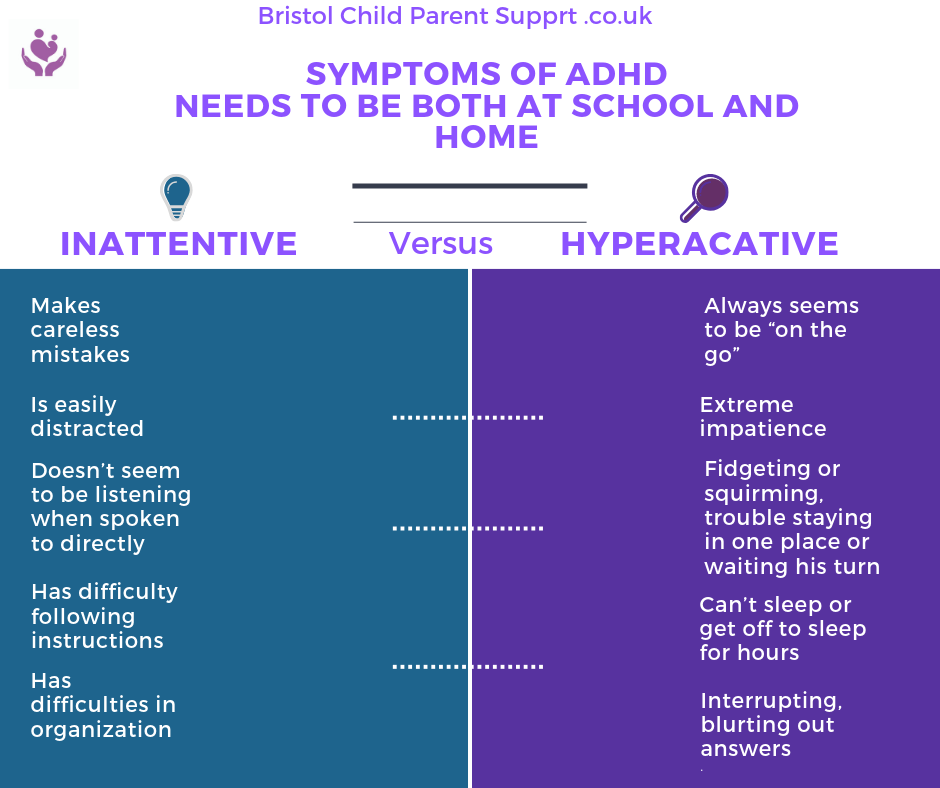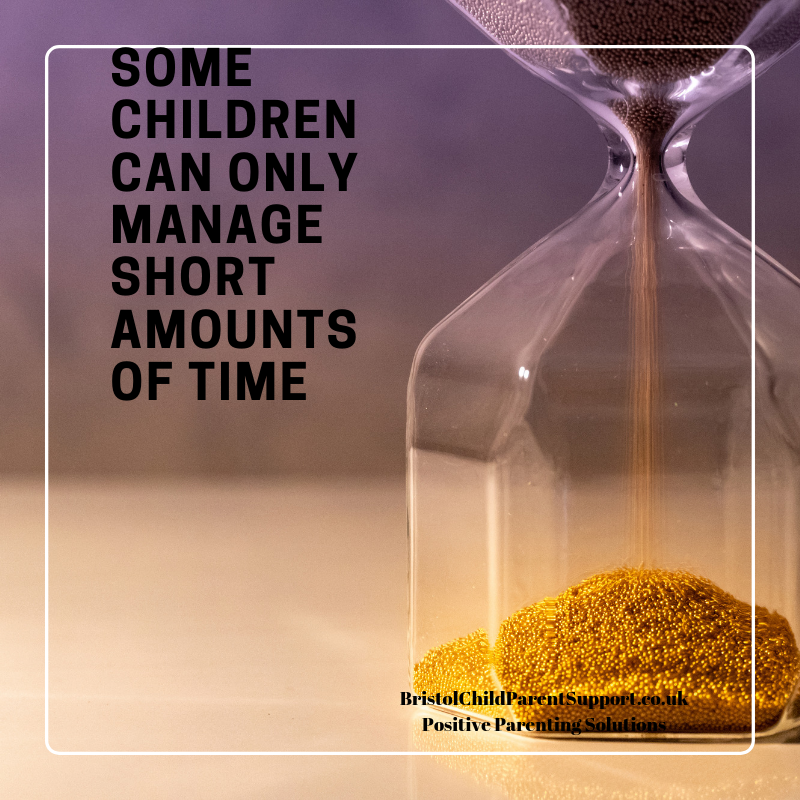Many children dislike homework, and I know you might too; it’s all those nightly battles before it’s due the next day, exhausting!! Is homework resistance part of your termly routine? Here are my tips to help you throughout the new term.
1. Could it be a trigger for conflict?
First, anything can be a vehicle of conflict between you and your child. Disputes frequently arise around mealtimes, getting up, siblings, screen time and homework. Is homework the one for you?
All these interactions are related to relationships: each party contributes, which has an impact. Take a moment to reflect on your thoughts and beliefs around learning. For example:
- Do you lack confidence in this area?
- Are you worried about them doing well?
- Have you grown up in a culture where doing well matters above all else?
- Do you feel guilty about setting a limit if it’s not completed?
Allow any feelings to arise when you think about homework, and above all, treat yourself with kindness if you have thoughts of self-aggression.
2. Try and understand what’s behind the resistance
Be curious; I’ve spent over 25 years working with children with undiagnosed learning difficulties. Hence, processing speed, working memory, and fine motor skills can affect your child’s capacity to manage and complete homework. Furthermore, anxiety, ADHD, and ADD can all impact too.

Check with their school; you may have to request an Educational Psychology Assessment or an Occupational Health Assessment
3. Brainstorm ideas

It’s okay to be stuck in parenting and not know how to progress. There may not be a magic solution, but it could be less painful for everyone if you work it together. Brainstorming may be the way forward; you might approach it by saying a phrase like this:
I am not really sure how to help you with your homework, we keep getting annoyed with each other, I value/appreciate your ideas, could we set aside some time to brainstorm the problems together?
Above all, make a plan, stick to it and have regular reviews.
4. Model Self Control and Calm.
You can help your child by modelling calm, self-talk and problem-solving. For example, if you are having trouble doing something, you might say:
I’d better stop and think about this for a while
For an anxious child, focus on the process rather than the outcome. Instead of asking them what mark they received, you might say
Did you try your hardest?, then whatever happens is not important
Also, if your child is very active, it’s essential to offer calm and quiet times during the day or offer special times. Teach them to use their breath or visualizations if they become frustrated.
5. Manage “Helping.”

When we see our children struggle, it’s natural to offer help. The help may keep them from failure but also prevent them from learning. Every child is unique and may need different levels of support.
6. Use Time Boundaries to Support You

It’s always helpful to make the task time-limited and then have a break. Use an egg timer. Some children may only manage 10 minutes and then a quick break. This is especially so for children who are emotionally dysregulated or may have a learning difficulty. However, insist that they need to finish the task before they can do something else. No video games until homework are completed.
7. Get help
Finally, if your child continues to struggle and you’ve tried many solutions, seeking help for their mental and emotional health or learning difficulties may be the way forward.
Furthermore, remember to say I love you no whatever you do or say forever. When your child knows they are loved unconditionally no matter what, the connection and attachment between you will be secure for life, and everything is much easier. I hope homework times are transformed. If you need more help, contact me for a consultation. With love always, Catherine.



